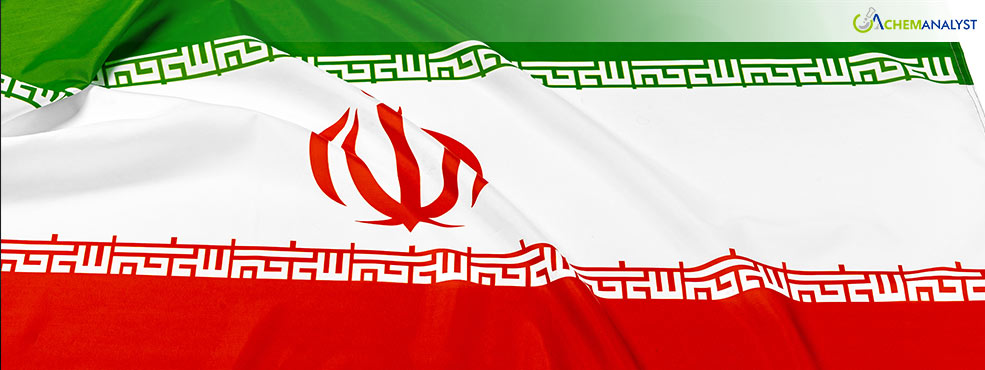Welcome To ChemAnalyst

Key Takeaways
Iran's government has ordered the temporary closure of industrial towns nationwide as the country faces a critical electricity shortage, exacerbating existing economic hardships for working-class Iranians. The shutdowns, confirmed by the Federation of Food and Agriculture Organisations, require factories to cease operations until the end of the week, i.e., December 20, further squeezing cash flow and threatening widespread job losses.
Mohsen Naqashi, Secretary of the Federation, described it as a desperate measure to tackle ongoing power outages that have crippled the economy. Many factory owners have reportedly resorted to selling personal assets to meet payroll obligations, while others grapple with mounting insurance and tax costs. The lack of government financial support has compounded the crisis.
The impact on businesses is significant. Smaller factories with around 50 workers face monthly payrolls of approximately $19,607, while larger facilities with 2,000 employees face costs exceeding $392,156. With production halted and sales dwindling, many businesses are teetering on the brink of closure.
The country has also ordered shut down of schools, malls and non-essential production facilities.
The current economic turmoil has been intensified by a sharp rise in the dollar exchange rate, now exceeding IRR 760,000. This surge has drastically inflated the cost of raw materials and driven up production expenses, placing immense pressure on businesses.
Iran’s industrial sector has been plagued by energy shortages for years, with officials yet to implement a sustainable solution. Temporary measures, such as burning mazut (a heavy, low-quality fuel oil) and implementing mandatory shutdowns, have proven ineffective in addressing the underlying issues.
In a parallel effort to reduce overall energy consumption, President Masoud Pezeshkian’s administration has launched a “two degrees less” campaign, urging citizens to lower their thermostats. Government ministers have even publicized photos of their unheated and unlit offices in a show of compliance.
President Pezeshkian acknowledged the hardships caused by the energy crisis, promising to prevent similar situations in the future. "We apologise for conditions where people have to be somewhat conforming," he stated, pledging to find solutions to ensure the public does not face similar problems next year.
The core of Iran’s industrial power relies on its substantial gas reserves. However, a combination of underinvestment and historically low energy prices has led to overuse of electricity, gas, and gasoline. Energy expert Hossein Mirafzali highlighted this issue, noting that despite possessing the world’s most extensive gas pipeline network, Iran still faces supply shortages. He explained that a disproportionate amount of the network supplies residential areas for heating, a service that could have been provided through electricity. Mirafzali estimates that constructing the vast gas transmission network cost approximately $30 billion.
Oil Ministry officials estimate that addressing the gas shortfall and developing the necessary infrastructure would require an annual investment of $13 billion over the next eight years. However, this figure appears unattainable given the economic constraints imposed by US sanctions, further complicating Iran's efforts to resolve its energy crisis.
We use cookies to deliver the best possible experience on our website. To learn more, visit our Privacy Policy. By continuing to use this site or by closing this box, you consent to our use of cookies. More info.
